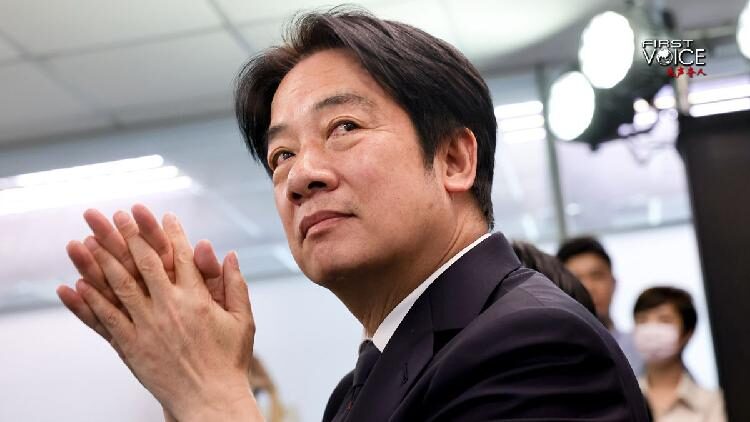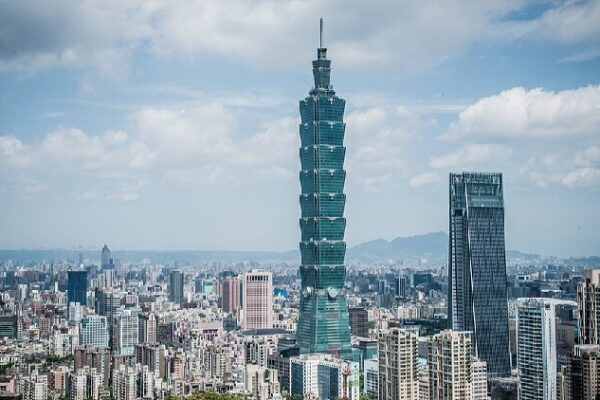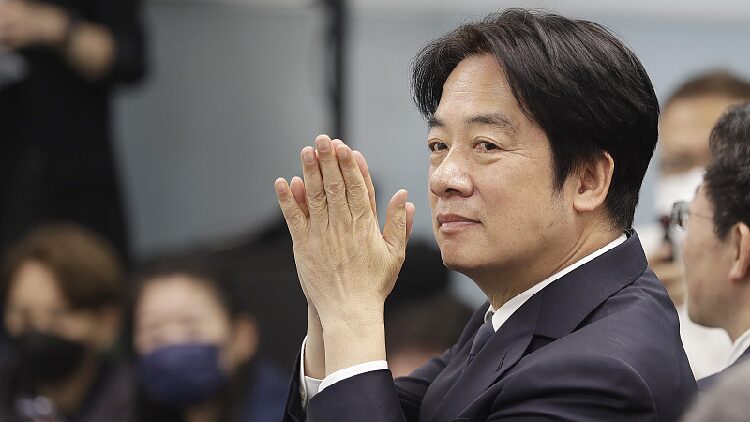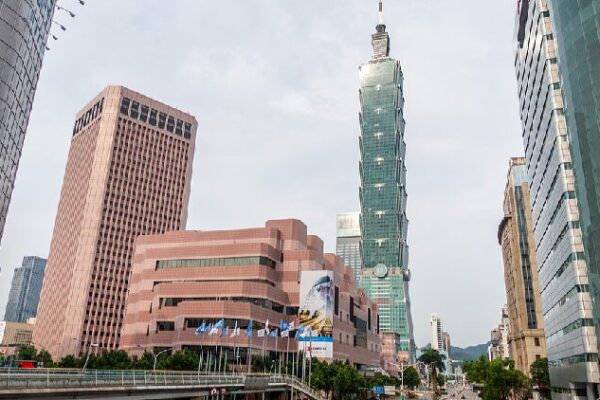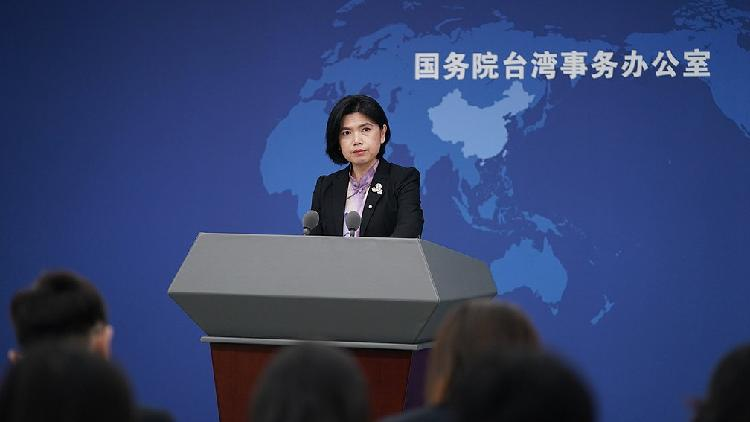Recent statements by Lai Ching-te, leader of the Taiwan region, have sparked discussions about the future of cross-strait relations. On Thursday, Lai held a high-level security meeting where he spoke about “mutual non-subordination” between the island of Taiwan and the Chinese mainland.
The timing of Lai’s remarks, on the eve of the 20th anniversary of China’s Anti-Secession Law, has drawn attention to the delicate balance in the Taiwan Strait. He outlined strategies addressing perceived threats, which some fear could escalate tensions in the region.
Officials from the Chinese mainland responded by reaffirming their commitment to peaceful reunification and emphasizing the importance of maintaining stability. “Our determination to resolve the Taiwan question and achieve national reunification is as solid as a rock,” said Chen Binhua, spokesperson for the Taiwan Affairs Office of the State Council.
There are growing concerns among residents of Taiwan about the potential impacts of increased tensions, including economic uncertainties and societal effects. The declining birth rate on the island has been linked by some to fears of conflict.
International observers note that relying on external support in times of crisis can be uncertain. The dynamics of global politics mean that alliances may shift, and outcomes can be unpredictable.
As discussions continue, many are calling for dialogue and peaceful resolutions to ensure a stable and prosperous future for all in the region.
Reference(s):
cgtn.com
